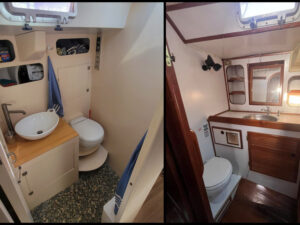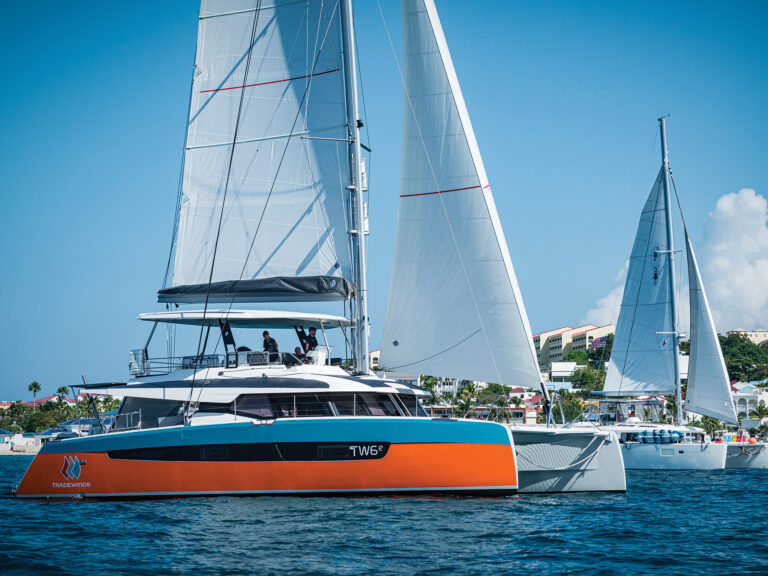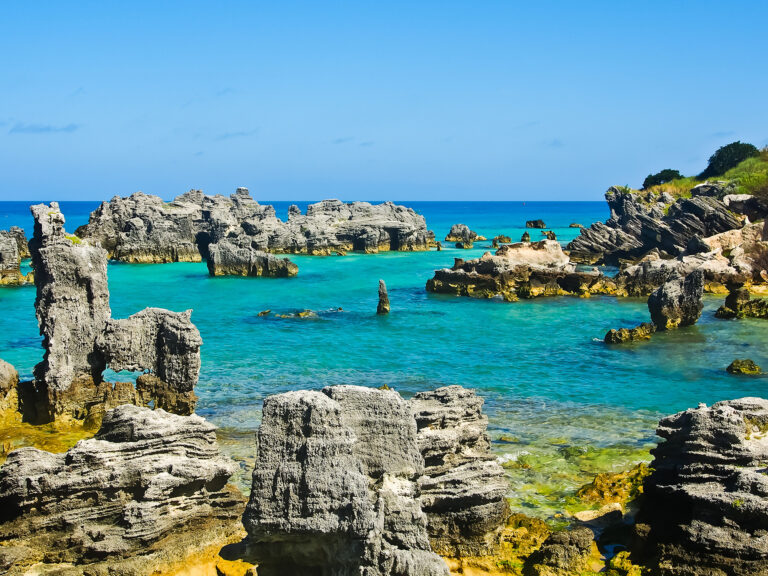Breakdowns, running aground or other mishaps on the water can ruin a day of boating fun. But when the towing service arrives, ask your tow boat operator first whether you will be “towed” or “salvaged” so you wont be in for a surprise later.
“Whether or not there is peril, or exposure to the risk of being injured, destroyed, or lost, determines towing or salvage,” said Jerry Cardarelli, director of BoatU.S. towing services. “Take it away–you have towing. Add peril, and you have the potential for salvage.”
While theres sometimes a fine line between the two, there are a few clear indicators that point to each. Generally, most commercial towers agree that if there is no peril, and only one tow vessel is needed with just lines attached to remove the grounded vessel, thats a tow job. Fuel deliveries and jump-starts are also towing, which are covered by a towing service plan. Representing about 98 percent of all calls to TowBoatU.S, towing and soft ungroundings are least expensive with the average cost about $320 and $500 respectively.
Salvage cases are covered by insurance and potentially much more expensive. Historically and legally, salvage is any voluntary and successful rescue of a boat, its cargo, and/or passengers from peril at sea, and today that includes the successful avoidance of damage to a legally protected marine environment.
Salvage continues to be the way to award a rescuer who maintains a 24-hour state of readiness to risk life, limb and vessel for others, and often results in a request for a percentage of the boats post-casualty value. While its a reward for extraordinary service, the amount awarded factors in the degree of peril as well as the risk to the salvor and their crew.
Vessels hard aground, taking on water or sunk, as well as collisions, fires, breakaways or other types of immediate danger are also salvage. The same goes if pumps, air bags, divers or other special equipment are needed – even at the dock.
All TowBoatU.S. companies narrow the definition of salvage and are committed to informing the captain of a boat, before beginning any work, if the procedure is salvage. TowBoatU.S. also provides towing service to members at their lowest towing rate.
Cardarelli also suggests–peril permitting–that if its a salvage job, boaters should try to call their insurer to reach an agreed price with the salvor. If they cant, ask the salvor for a fixed price based on time and materials and attempt to get it in writing.
For boaters who cant do any of this, have a BoatU.S. Open Form Yacht Salvage Contract handy, which assures any claim will go to local binding arbitration if negotiations between your insurance company and salvor fails. Designed to be more understandable, relevant to U.S. laws and potentially money saving for all parties, the contract is available free of charge at www.BoatUS.com/salvage or by calling 800-274-4877.
Protect yourself by having a towing service plan and an insurance policy that fully covers salvage; not all do.
Ask questions first, not later, to confirm towing or salvage. Have your insurance company phone number aboard. If its salvage, youll want to contact them to help negotiate a fixed price–peril permitting. When all else fails, have a copy of BoatU.S. Open Form Yacht Salvage Contract aboard. For details, visit www.BoatUS.com/news/releases.asp.








